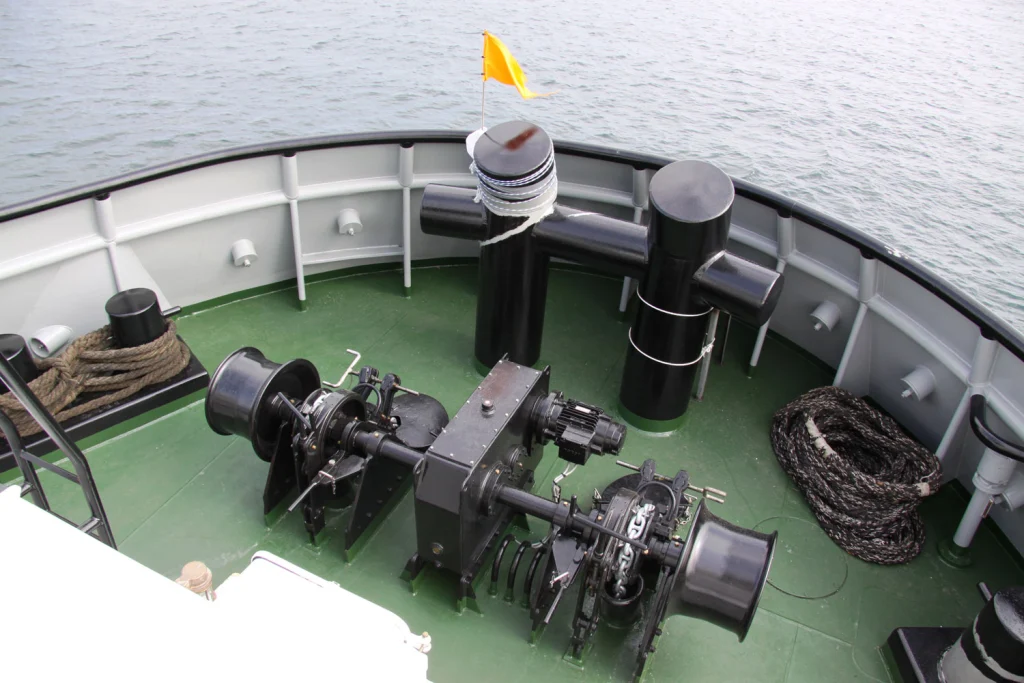Introduction
Marine casting is essential for producing high-quality components for ships, offshore platforms, and marine equipment. In the UAE, a hub for maritime, oil & gas, and shipping industries, reliable marine casting solutions are in high demand. This blog explores why marine casting is critical, the materials and methods used, and how UAE-based foundries deliver durable, corrosion-resistant, and precision-engineered components.
What Are Marine Casting Solutions?
Marine casting involves pouring molten metal into molds to produce parts that can withstand extreme marine environments. These components are designed for:
-
Saltwater resistance
-
High-pressure endurance
-
Long-term durability under constant mechanical stress
Common marine castings include:
-
Propeller blades and hubs
-
Pump housings and impellers
-
Engine brackets and supports
-
Valves, pipe fittings, and deck hardware
Materials Used for Marine Casting
The right material is crucial to withstand harsh offshore conditions. UAE foundries commonly use:
-
Aluminium Bronze: Resistant to saltwater corrosion, ideal for propellers and pump parts.
-
Cast Iron / Ductile Iron: Strong and durable for large machinery and structural components.
-
Stainless Steel: Corrosion-resistant, used in fittings, valves, and precision parts.
-
Non-Ferrous Alloys: Lightweight, durable, and suitable for specialized marine applications.
Leading companies like CSG Extrusion LLC provide customized marine castings for the UAE’s offshore and shipbuilding sectors.
Casting Processes for Marine Components
Marine castings require precision and reliability. UAE foundries employ techniques such as:
-
Sand Casting: Flexible for large and complex shapes
-
Die Casting: High-volume production with excellent surface finish
-
Investment Casting: Precision components with detailed geometry
-
CNC Machining: Ensures final parts meet exact specifications
Quality checks, including hydraulic pressure testing and non-destructive testing (NDT), ensure all components meet international standards.

Challenges in Marine Casting
The marine environment poses unique challenges:
-
Constant exposure to saltwater and corrosion
-
Mechanical stress from waves, currents, and heavy machinery
-
Tight dimensional tolerances for propellers, pumps, and engine parts
-
Timely delivery for offshore projects and ship repairs
Only experienced foundries with expertise in marine applications can consistently meet these challenges.
Advantages of UAE-Based Marine Casting Solutions
The UAE offers strategic advantages for marine casting services:
-
Access to major ports and shipping hubs
-
Proximity to offshore oil and gas facilities
-
Advanced foundry technologies and skilled engineers
-
Efficient logistics for local and regional delivery
Local casting companies provide faster turnaround, customized solutions, and direct support for clients in maritime and offshore sectors.
Choosing the Right Casting Partner
When selecting a casting provider in UAE, consider:
-
Material certification and quality standards (ISO, ASTM, or DNV)
-
Proven experience in marine and offshore projects
-
Testing facilities for structural integrity
-
In-house machining and finishing services
-
Reliable delivery and after-sales support
Partnering with a professional foundry ensures durable, high-performance components built for harsh marine conditions. Marine casting solutions are vital for the UAE’s thriving maritime, shipping, and offshore industries. By using high-quality materials, precision casting processes, and rigorous quality control, UAE foundries produce components that deliver strength, reliability, and longevity. Whether you need propellers, pump housings, or custom marine components, local casting companies in UAE provide the expertise and technology to meet your requirements.